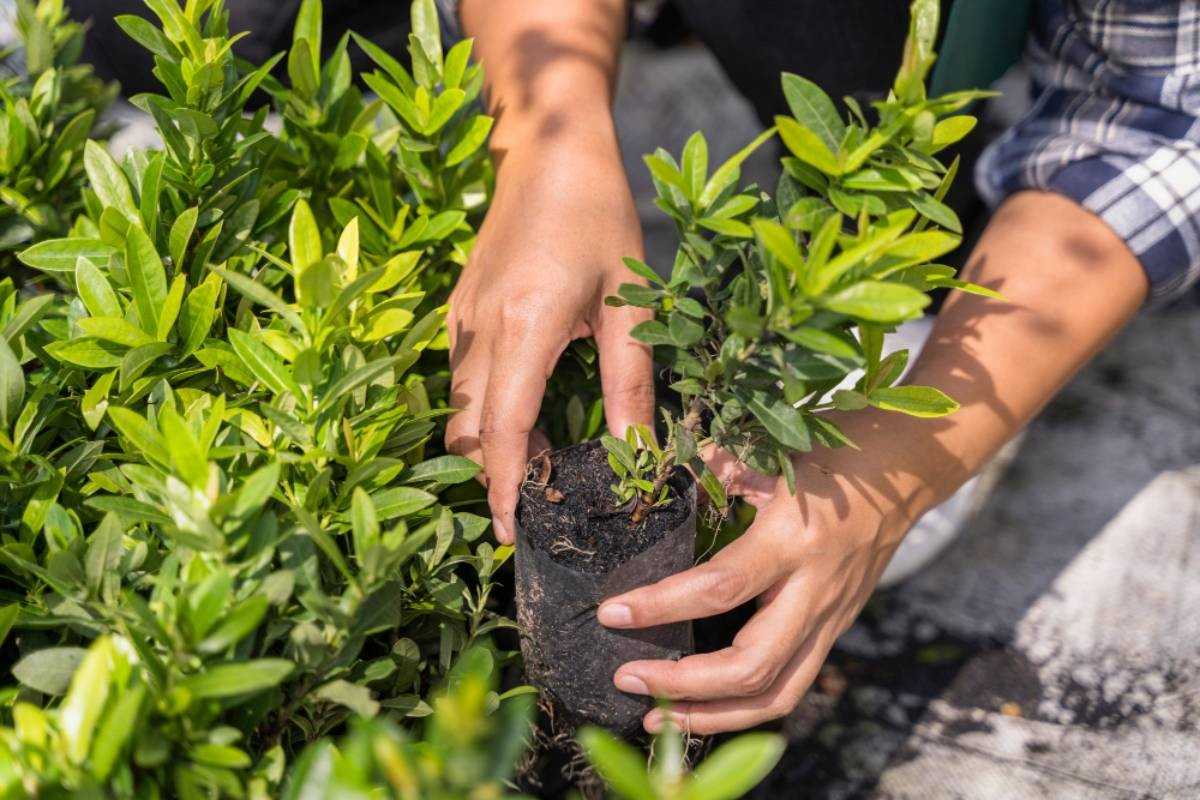Plant Power: Growing And Using Herbal Medication

The journey into the world of herbal medication begins with the cultivation of a diverse and thriving herbal garden.
In a world increasingly dominated by pharmaceuticals and synthetic drugs, there’s a growing interest in returning to nature for health and wellness solutions. Herbal medication, derived from various plants, has been used for centuries in traditional medicine practices across cultures. Today, as people seek alternative and sustainable healthcare options, the spotlight is turning back to the therapeutic potential of plants.
In this blog, we’ll explore the fascinating realm of plant power, focusing on the unique utilization of herbs in Herbal Medication.
1. The Herbal Garden:
The journey into the world of herbal medication begins with the cultivation of a diverse and thriving herbal garden. Whether you have a small balcony, a backyard, or access to a community garden, growing your herbs can be a rewarding and empowering experience. Herbs like lavender, chamomile, peppermint, and basil are excellent choices for beginners, requiring minimal care and space.
Cultivating these plants not only provides a sustainable source of herbal remedies but also connects individuals with the natural cycles of growth and seasons. The act of tending to a garden can be therapeutic in itself, fostering a sense of mindfulness and well-being.
2. Harvesting and Processing:
Once your herbal garden is flourishing, it’s time to harvest and process the plants for medicinal use. Timing is crucial, as the potency of herbs often peaks at specific stages of growth. Harvesting in the morning, when essential oils are most concentrated, is a common practice.
The next step involves drying or processing the herbs to preserve their medicinal properties. Air-drying, dehydrating, or making herbal tinctures are popular methods. Understanding the specific needs of each herb ensures that you retain the maximum therapeutic benefits.
Common Medicinal Herbs and Their Uses:
1. Lavender (Lavandula angustifolia):
Uses: Known for its calming properties, lavender is often used to alleviate stress, anxiety, and insomnia. It can be used in teas, sachets, or as an essential oil.
2. Chamomile (Matricaria chamomilla):
Uses: Chamomile is renowned for its soothing effects on the digestive system and its ability to promote relaxation. It’s commonly consumed as a tea to aid in sleep and alleviate digestive discomfort.
3. Peppermint (Mentha piperita):
Uses: Peppermint is prized for its ability to relieve digestive issues, headaches, and congestion. Its leaves can be used in teas, or the essential oil can be applied topically.
4. Basil (Ocimum basilicum):
Uses: Basil is known for its anti-inflammatory and antibacterial properties. It can be infused into oils for topical application or added to culinary dishes.
Utilizing Herbal Medication in Everyday Life:
Incorporating herbal medication into your daily routine is a holistic approach to wellness. Here are some simple ways to harness plant power:
1. Herbal Teas:
Brew a cup of herbal tea using your homegrown herbs. Experiment with combinations to address specific health concerns or simply to enjoy their flavours.
2. Topical Applications:
Create salves, balms, or infused oils using herbs like calendula, comfrey, or arnica. These can be applied to the skin for various purposes, such as wound healing or muscle relief.
3. Aromatherapy:
Harness the power of aromatherapy by diffusing essential oils or creating herbal sachets. Lavender, eucalyptus, and rosemary are popular choices for their diverse benefits.
4. Culinary Delights:
Enhance your meals with the flavors and health benefits of fresh herbs. Basil, thyme, and rosemary can add depth to dishes while supporting overall well-being.
Closure:
Embarking on the path of herbal medicine is a voyage that re-establishes our connection with nature while advocating for a sustainable approach to health and well-being. Whether it involves nurturing a thriving herbal garden or concocting tailored remedies, this journey empowers individuals to participate in their healthcare actively. In Pune, Shifakhana a profound Wellness Centre exemplifies this commitment. As the fascination with herbal medicine expands, so does the acknowledgment of the profound healing capacities residing within the plant kingdom.
Therefore, why not delve into the abundant realm of herbs and allow nature to be your companion in the quest for overall well-being?
To know more about Herbs for Health read our blog: Herbs for Health: Your Guide to Natural Healing

